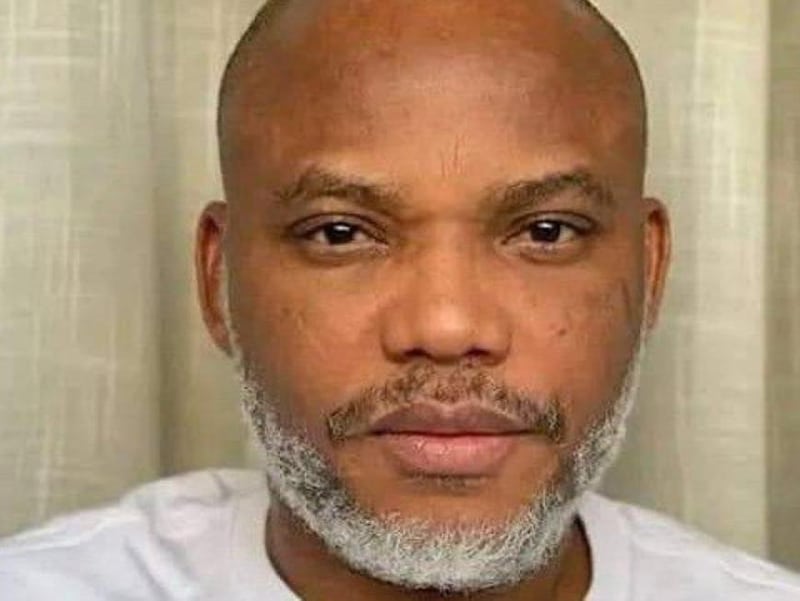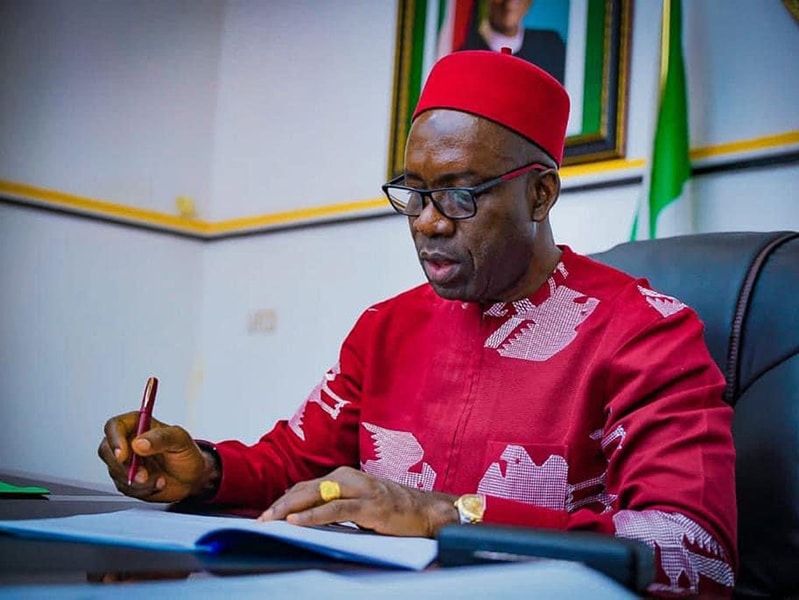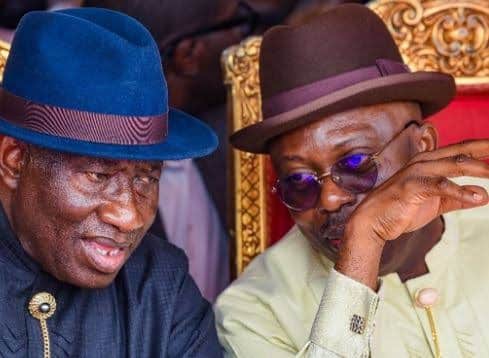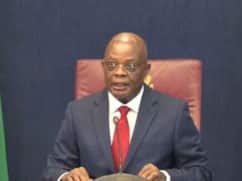An Abuja-based lawyer, Christopher Chidera, hailed the recent re-arraignment of IPOB leader Nnamdi Kanu as a fresh start for Nigeria’s judiciary. Speaking after the proceedings, Chidera noted that the case conducted before Justice James Omotosho of the Federal High Court unfolded without tension or bias, signaling an end to the longstanding conflict between Kanu and the government over terrorism charges.
Chidera praised the calm, respectful approach taken in court and highlighted the roles of Chief Kanu Agabi, SAN, and Adegboyega Awomolo in fostering a spirit of reconciliation. Agabi’s public apology on behalf of Kanu, along with Kanu’s own call for forgiveness and peaceful dialogue, underscored the commitment to move beyond past hostilities.
Justice Omotosho reiterated the judiciary’s vital role, emphasizing that the court is a sanctuary of justice where fairness prevails. This mutual gesture of apology and respect marks a pivotal moment of renewal in Nigeria’s pursuit of justice, reinforcing the resilience and integrity of the legal system












